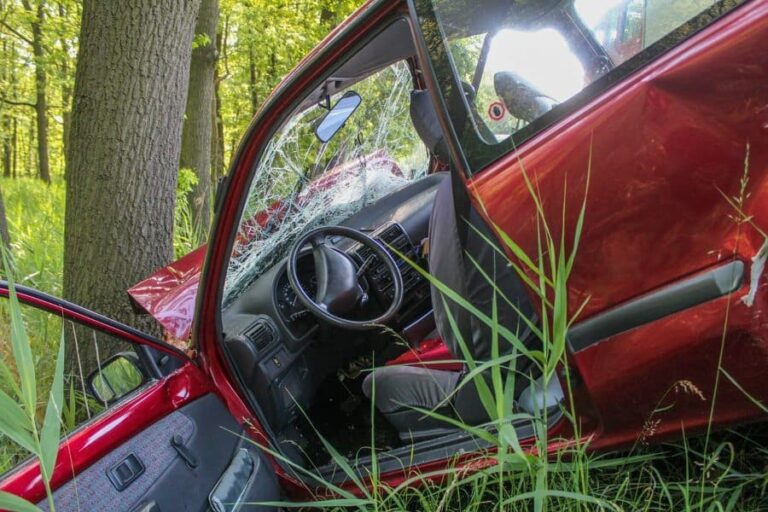Car accidents are a significant concern for drivers everywhere. Each year, they cause immense physical, emotional, and financial distress to millions. However, many of these accidents are preventable. Understanding and practicing safe driving techniques can help reduce the likelihood of becoming a statistic. Here’s an in-depth look at strategies to avoid common car accidents.
Vigilance is Your First Line of Defense
The road demands your full attention. Committing to being fully present is crucial every time you get behind the wheel. There can be many distractions, from the ping of a text message to the chatter of passengers—but resisting the urge to split your focus can be lifesaving. Secure your phone so you won’t be tempted to glance at it, and if you must use navigation, set it before you embark. By ensuring your complete attention is on the road, you’re better equipped to respond to sudden stops, erratic drivers, and unexpected obstacles.
Safe Following Distances Save Lives
Rear-end collisions are among the most common car accidents, often resulting from inadequate following distances. Keeping a safe buffer between you and the car ahead gives you time to react to sudden changes. The three-second rule is a baseline, but this should be adjusted for factors like inclement weather, heavy traffic, or large vehicles. It’s not just about reaction time; it’s about giving yourself a chance to stop safely without causing a chain reaction.
Intersections: The Crossroads of Caution and Care
Intersections are complex zones where vehicles, pedestrians, and cyclists converge. Approach every intersection with heightened caution. Obey traffic signals, and never assume others will do the same. Look left, right, then left again before proceeding, even on a green light. Anticipate the actions of others and be prepared to stop or yield. Remember, the few seconds you might save by rushing are never worth the risk of a collision.
Sobriety Behind the Wheel is Non-Negotiable
Impaired driving is a notorious cause of devastating accidents. The solution is simple: never drive under the influence of alcohol, drugs, or any substance that alters your perception and reaction time. Plan for nights out with alternatives like public transportation, ride-sharing services, or a designated driver. And be mindful of prescription drugs; consult with your doctor or pharmacist about their effects on driving.
Weather and Road Conditions: The Unpredictable Factors
Weather conditions can turn an ordinary drive into a difficult journey. Adapting your driving to match the conditions is not just smart; it’s essential. When visibility is low, or roads are slick, reduce your speed, increase your following distance, and use the appropriate lights to ensure you can see and be seen. Make sure your vehicle is equipped for the conditions you’re driving in. This means having the right tires for the season, ensuring your brakes are in good working order, and that your windshield wipers provide clear visibility. By being prepared for the weather, you’re ensuring your own safety and the safety of everyone else on the road.
The Crucial Role of Regular Vehicle Maintenance
A well-maintained vehicle is synonymous with a safer one. Regular checks and timely repairs are not just about longevity but also about safety. Ensure your brakes are responsive, tires have adequate tread, lights are fully functional, and your engine is running smoothly. These factors can make all the difference when you need to perform an emergency stop or maneuver. Think of maintenance as an investment in your safety and that of others on the road.
Legal Assistance: Your Rights And Resources After An Accident
Accidents can happen to even the most cautious drivers. If you’re involved in a collision, it’s important to understand when to seek legal help. A car accident attorney can be invaluable in navigating the aftermath of an accident. They can help you understand your rights, deal with insurance companies, and ensure you’re fairly compensated for damages and injuries. Remember, the right attorney can offer more than legal advice; they can provide peace of mind during a stressful time.
Accident prevention is about proactive driving, awareness, and preparation. While you can’t control the actions of others, you can take steps to protect yourself and your passengers. Stay vigilant, maintain safe distances, approach intersections carefully, drive sober, adapt to the weather, keep your vehicle in good condition, and know when to seek professional help. These practices are your best defense against the common causes of car accidents. Drive safely, and remember that on the road, the best offense is a good defense.
